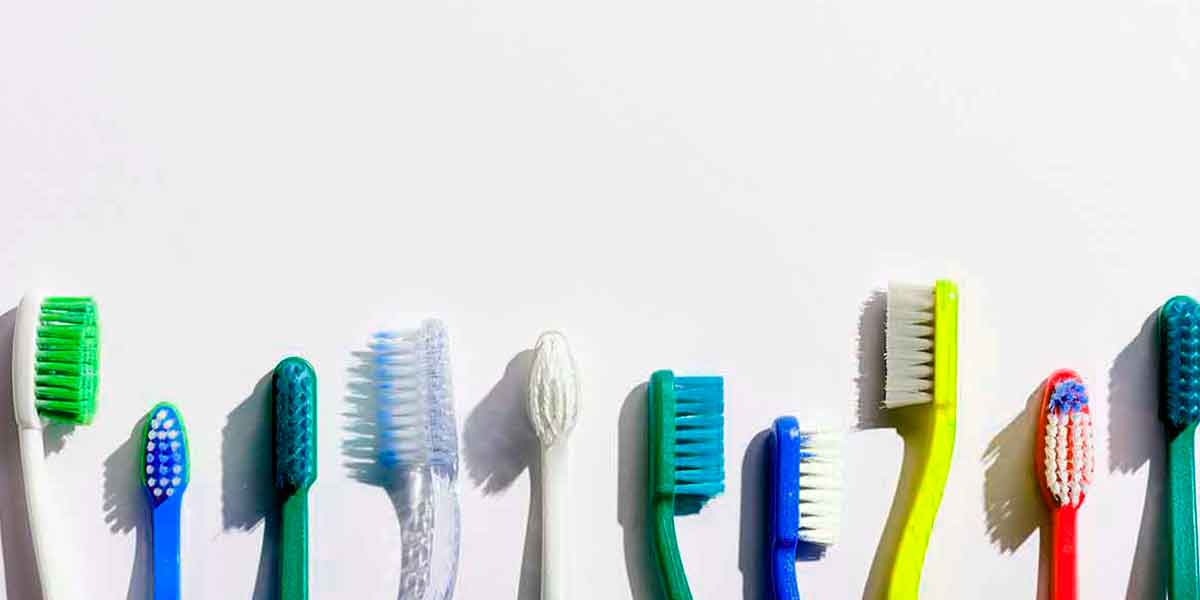Quality Dental Hygiene: Selecting the Right Toothbrush Bristles
Importance of Toothbrush Bristle Type
Maintaining good dental hygiene is crucial for overall health, and choosing the appropriate toothbrush is essential. One of the critical factors in selecting a toothbrush is the type of bristles it has. Understanding the various types of toothbrush bristles is essential in making an informed decision to ensure healthy teeth and gums.
Types of Toothbrush Bristles
Toothbrush bristles come in different types, each catering to specific dental needs. The right bristle type can effectively remove plaque and prevent gum disease without causing damage to your teeth or gums. Let’s delve into the main types of toothbrush bristles available today.
Bristle Types
Soft Bristles:
Soft bristles are the most recommended type by dentists. They are gentle on the gums and enamel, making them ideal for most people, including those with sensitive teeth or gums. Soft bristles effectively remove plaque and food particles without causing irritation or damage.
Advantages of Soft Bristles:
- Gentle on gums and enamel
- Effective plaque removal
- Ideal for sensitive teeth
Medium Bristles:
Medium bristles are slightly firmer than soft bristles and provide a more thorough cleaning. They are suitable for individuals who do not have sensitive gums and are looking for a deeper clean. However, medium bristles can sometimes cause irritation if used too aggressively.
Advantages of Medium Bristles:
- More thorough cleaning
- Effective for removing stubborn plaque
Hard Bristles:
Hard bristles are the firmest type and are designed for an intense cleaning experience. They can effectively remove plaque and stains but may also cause damage to the gums and enamel if not used carefully. Dentists generally do not recommend hard bristles for daily use due to the potential for damage.
Advantages of Hard Bristles:
- Effective at removing stubborn plaque and stains
Disadvantages of Hard Bristles:
- It can cause gum irritation and enamel wear.
- Not suitable for daily use
Specialty Toothbrush Bristles
In addition to the standard soft, medium, and hard bristles, specialty bristles designed for specific dental needs are also available. These bristles often combine different materials or shapes to provide targeted benefits.
Ultra-Soft Bristles:
Ultra-soft bristles are even gentler than standard soft bristles and are ideal for individuals with extremely sensitive gums or those recovering from dental surgery. These bristles ensure a gentle cleaning experience while still effectively removing plaque.
Advantages of Ultra-Soft Bristles:
- Extra gentle on gums
- Ideal for post-surgery dental care
Charcoal-Infused Bristles:
Charcoal-infused bristles are designed to provide additional whitening benefits and help to remove surface stains. They may also offer antibacterial properties, aiding in overall oral hygiene.
Advantages of Charcoal-Infused Bristles:
- Helps remove surface stains
- It may offer antibacterial benefits.
Silicone Bristles:
Silicone bristles are soft and flexible, making them gentle on the gums while providing effective cleaning. They are also more durable than traditional nylon bristles and can be easier to clean.
Advantages of Silicone Bristles:
- Gentle and flexible
- Durable and easy to clean
Choosing the Right Toothbrush Bristle for You
When selecting a toothbrush, consider your specific dental needs and preferences. Here are a few tips to help you choose the right bristle type:
- Opt for soft or ultra-soft bristles if you have sensitive gums or teeth.
- Medium bristles may be suitable if you require a deeper cleaning and do not have gum sensitivity.
- Avoid hard bristles unless specifically advised by your dentist.
- Consider specialty bristles like charcoal-infused or silicone for additional benefits.
Conclusion
Understanding the different types of toothbrush bristles is crucial for maintaining healthy teeth and gums. Whether you need soft bristles for sensitive gums or medium bristles for a thorough clean, choosing the right toothbrush bristle type is essential for oral care. Consult with your dentist to determine the best option for your needs and ensure you use the most effective tools for oral hygiene.




